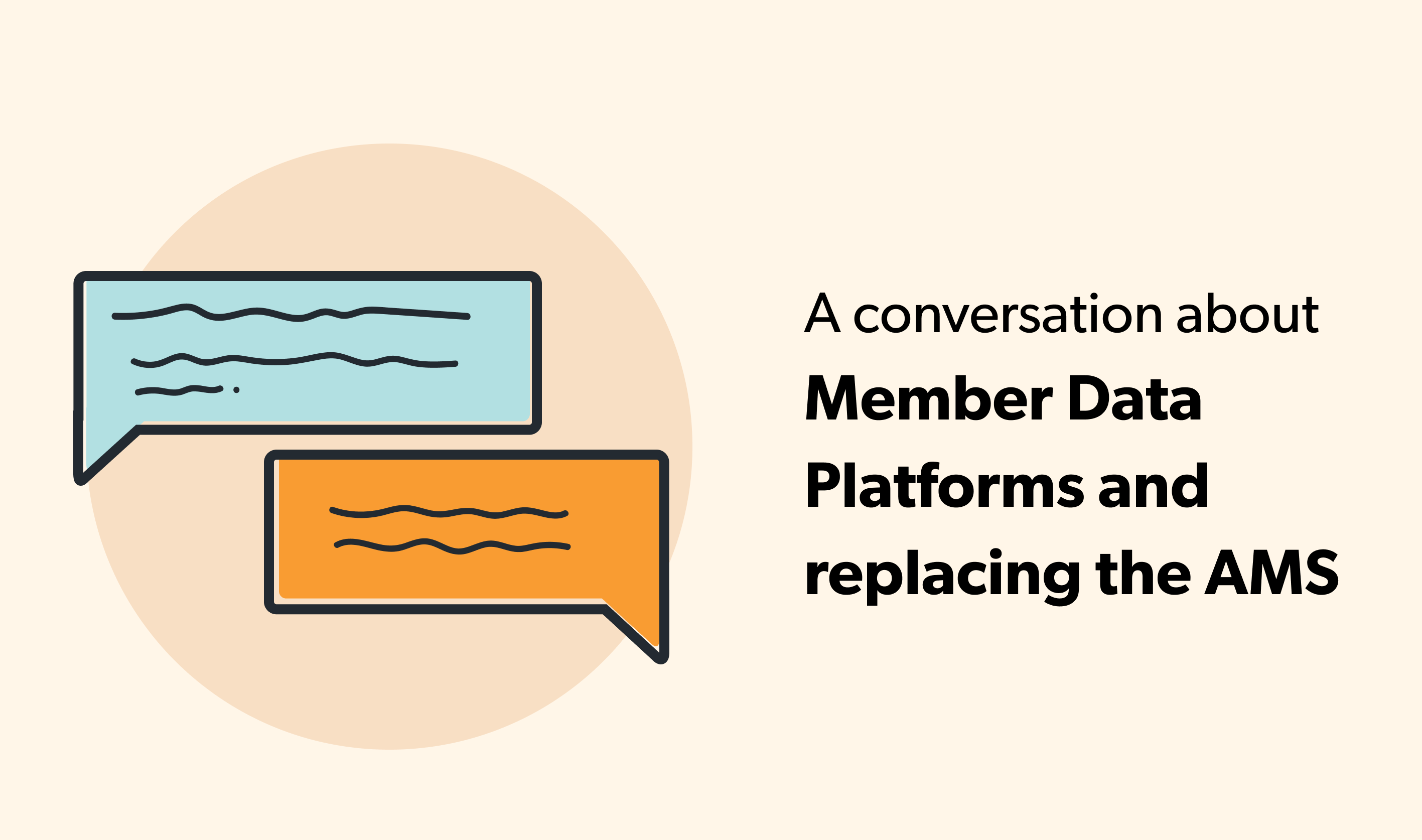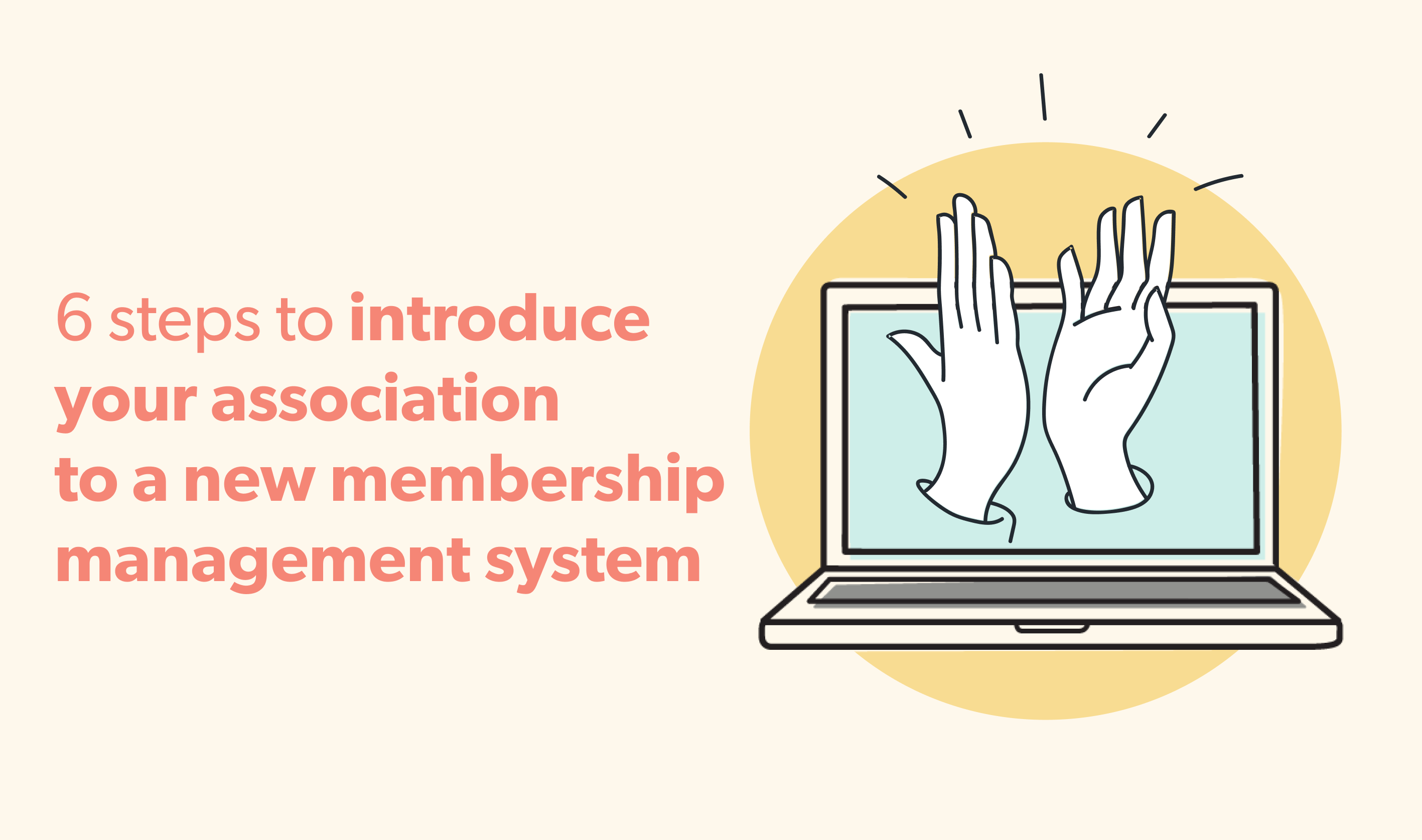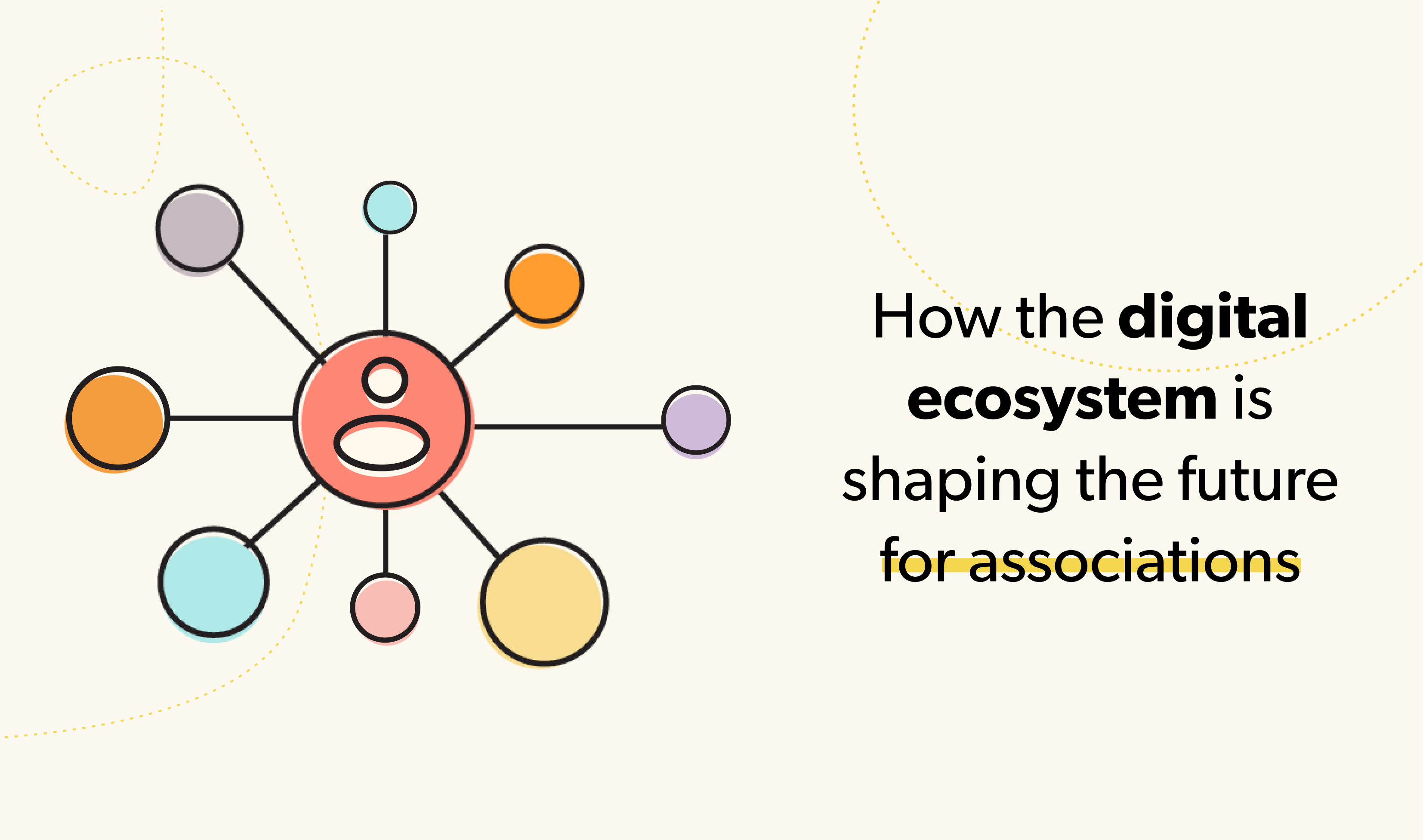A conversation about Member Data Platforms and replacing the AMS

Wicket’s Co-Founder & CEO, Jeff Horne, sat down with Jake Toohey, Joe Post, and Ben Muscolino of The Association Podcast to chat “APIs and the Best of Breed Association Tech Model.” Below are some highlights from their conversation.
What is Wicket?
Wicket is the world’s first member data platform (MDP). We transform how associations can effectively manage their membership data. We provide an alternative from the traditional way of doing this with an association management system (AMS).
We take on a different approach where we want to be the hub for managing membership data, similar to a customer relationship management tool (CRM), but use an integration first approach. We want our customers to use best-in-class software tools across their organization, and we want to connect their data with these software tools. We want to empower associations and modernize how they approach their member data while providing them with flexibility.
How does Wicket differ from an AMS or CRM?
First and foremost, an AMS has modules, whereas Wicket would never have a module. Rather than have a module for things like email marketing, website updates, or finance dues, Wicket leans on best-in-class integrations.
Wicket also differs in how it handles data; Wicket intentionally shares and connects data with other software tools. The platform is built to sync data by sending data out and receiving it in.
Wicket also focuses on the core management of the data, which can make it feel like a CRM. But a CRM is a customer relationship and sales funnel management tool, whereas Wicket has membership at its core for both people and organizations. It also recognizes association-specific group management, such as committees and workgroups.
Being a deregulator and replacing the AMS
Often, organizations come to Wicket because they are using an AMS and many best-in-class integrations separately. We often replace the AMS and provide a solution using these best-in-class tools. We’ll bring in Wicket plus the integrations that complement the organizational functions best. An example would be bringing in a unified, modern e-commerce solution (Magento, WooCommerce, Shopify) and tieing this into the organization’s accounting software.
When you want to change something that’s been the same for a long time, it’s exciting. We’re educating and challenging people to think differently.
Jeff Horne, Co-Founder & CEO, Wicket
Removing the AMS can be a multi-year project because the tentacles can run deep across many departments. In these cases, Wicket will connect to the AMS and use iPaaS (also known as “middleware”) software to start synchronizing the data. Wicket can then become the hub, connect to other software tools, and remove dependencies on the AMS.
Why are AMS’ broken?
Jeff comes from the web agency world, working closely with associations. He started seeing the same problems, whether it was from an AMS or a CRM. Clients consistently were telling his team that they didn’t like their AMS.
There’s nothing I love more than when I explain the Wicket model to somebody and they say, “Finally! I’ve been waiting for somebody to do this.”
Jeff Horne, Co-Founder & CEO, Wicket
The fundamental problem was the AMS did too many things, and it’s challenging to be good at all these things without complications. Jeff and his team also saw a lot of data silos because staff would start using other tools. For example, a person in marketing independently starts using Mailchimp, so now this data isn’t synchronized with the AMS.
There are also issues of data security and a lack of governance. With an AMS, it’s common practice to download a spreadsheet and circulate it by email. Many don’t realize this method isn’t secure and exposes many data security and privacy risks.
Member Data Platform (MDP) vs. Customer Data Platform (CDP)
A customer data platform (CDP) provides a unified customer record – when a record is updated, it will also update everywhere else. As a member data platform (MDP), Wicket is inspired by this model and houses members’ key activities using “touchpoints.”
Touchpoints are member actions that have occurred. For example, a member logged into the website, completed a course in the LMS, or received an email campaign. These would all be recorded as touchpoints through integrations. Wicket is not a data warehouse, but it unifies member records and documents key actions as touchpoints to help understand a user’s journey.
Things to look for when vetting an API
1. Proper documentation is available
The first question you should ask is if the vendor is even talking about an API. Can you go to that vendor’s website and find developer resources? Is their API public and accessible?
2. The API is using modern technology
You should also look for industry standards so the software communities can work together. A REST-based (or “RESTful”) API is standard, and modern software will be using this.
3. Capability of the API
Ensure it’s not just a one-way API. Check how many endpoints and webhooks are available. Webhooks are especially important. Webhooks will fire data to a software system when activity happens in another software system.
You’re fundamentally looking for seamless integration of data and this will begin with the API. Part of this evaluation should include coverage or “CRUD” – create, read, update, and delete.
Protecting your member data while using integrations
Our advice would be to discuss data security and privacy with vendors. It’s not uncommon for associations to have unsafe practices surrounding data. Leveraging APIs in the right way will give you a higher level of security when transferring data because it’s encrypted and uses the proper protocol.
It may feel like you have more control over data when you’re doing it in manual ways, but in reality, you’re exposing yourself to potential security challenges. Adopting more modern approaches, such as using middleware or iPaaS tools, is a great way to protect your data.
The future of iPaaS (Integration Platform as a Service)
iPaaS (or Integration Platform as a Service) is historically known as middleware. These tools allow you to connect software systems without writing code. They make integrations more accessible to the masses. At Wicket, we describe ourselves as a managed integration provider. We manage integrations, monitor them, and make sure they’re working.
Integrations have been viewed negatively in the association space because they have a reputation of being expensive and fragile. After all, integrations used to be custom, but iPaaS has introduced the concept of managed integrations which also provide monitoring. Monitoring is critical because you want to know if something has stopped working before your users know, so iPaaS helps with this. Nowadays, integration is a much better strategy than customization.
Visit The Association Podcast website to listen to the podcast and full interview, including the story behind why we’re called Wicket.



